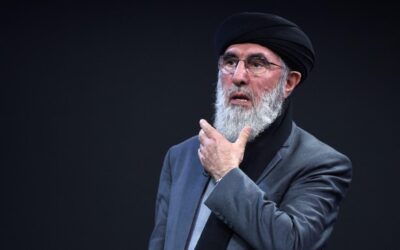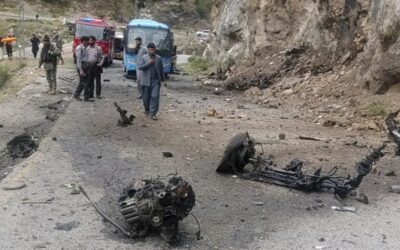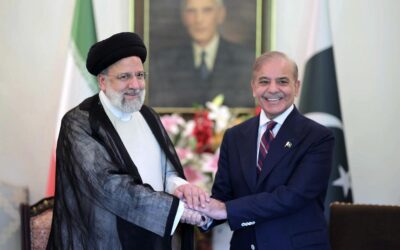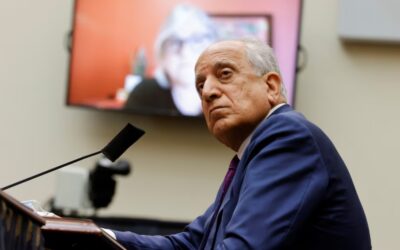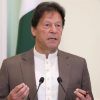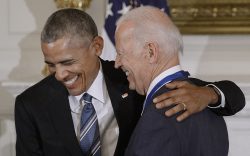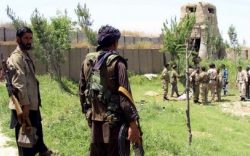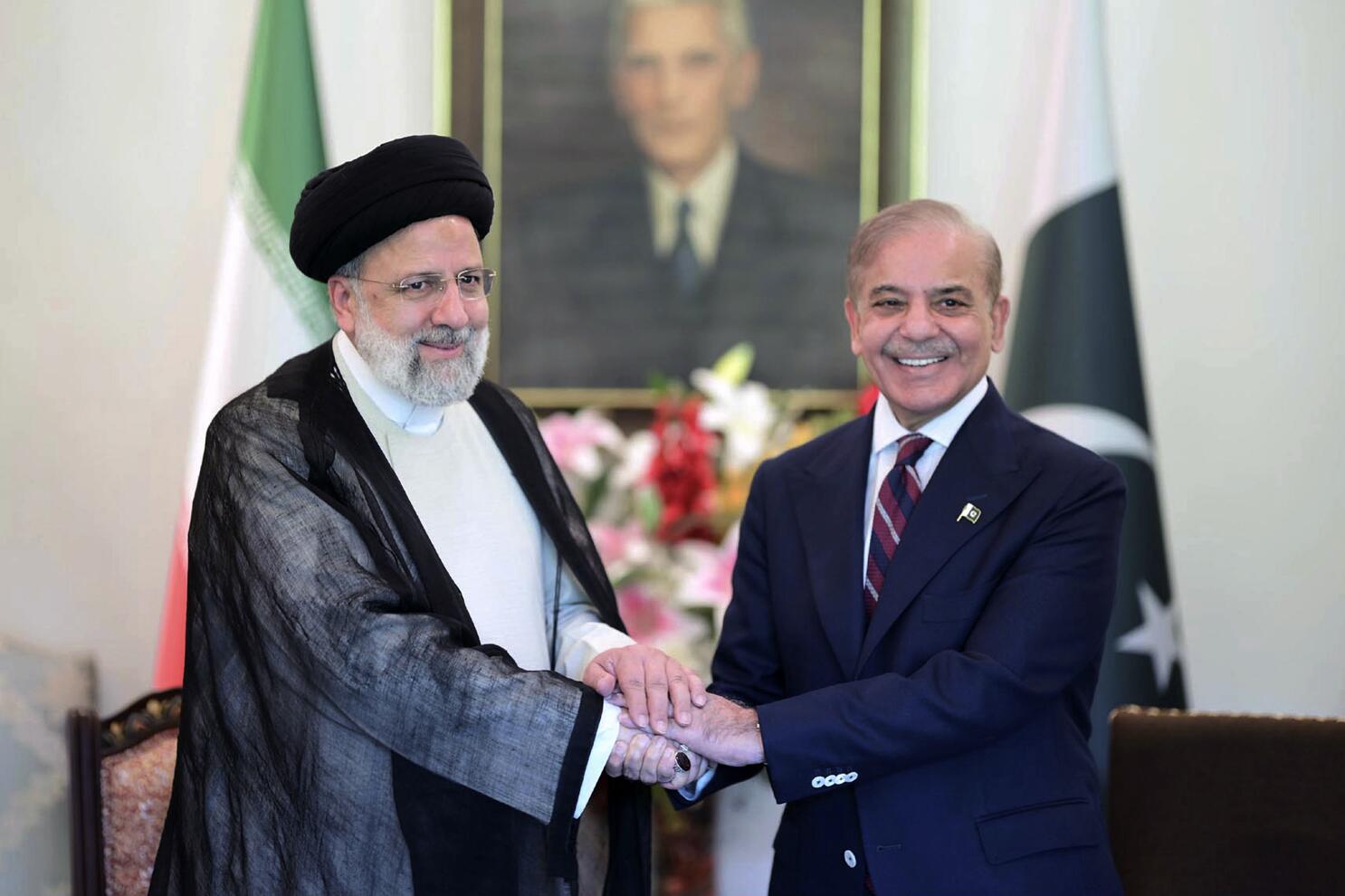
Pakistani and Iranian Leaders Commit to Strengthen Cooperation in Combating Militancy Originating from Afghanistan
25 April 2024
Pakistan and Iran, neighboring nations with a lengthy and permeable border, have affirmed their commitment to bolster collaborative efforts in addressing the threat posed by Afghanistan-based militants, recognizing its significance to regional and global security.
This declaration emerged from a joint statement following a three-day diplomatic visit by Iran’s President Ebrahim Raisi to Islamabad, aimed at fortifying relations strained earlier in the year due to mutual strikes targeting militants accused of assaulting security forces.
During the visit, President Raisi engaged in discussions with Pakistani President Asif Ali Zardari, Prime Minister Shehbaz Sharif, and other high-ranking officials, including Chief of Army Staff Gen. Asim Munir.
The joint statement emphasized their readiness to intensify cooperation in counter-terrorism and security endeavors, fostering a unified approach against terrorism. Pakistan has recently experienced a surge in militant activities, predominantly attributed to the Afghanistan-based Pakistani Taliban, which also poses threats to Iranian security forces.
Despite Pakistan’s assertion that the Afghan Taliban’s rise to power in 2021 exacerbated Pakistani Taliban attacks, Afghanistan’s Taliban administration maintains its stance of non-permitting militant groups, including the Pakistani Taliban, to utilize Afghan territory for launching attacks. Notably, Pakistan’s Air Force targeted suspected Pakistani Taliban hideouts in Afghanistan in March, eliciting retaliatory measures from the Afghan Taliban.
Meanwhile, Tehran has attributed recent attacks in Iran to an Afghanistan-based Islamic State affiliate, active in Pakistan’s Baluchistan region bordering Iran. Pakistan has urged Tehran to address the presence of Pakistani insurgents near the border, as they frequently target security forces, exacerbating the long-standing insurgency in Baluchistan.
Furthermore, both nations underscored the imperative of a peaceful and cooperative border, pledging to enhance collaboration among political, military, and security entities to combat transnational menaces such as narcotics trafficking, human smuggling, hostage crises, and financial crimes.
In addition to security cooperation, Pakistan and Iran vowed to expand trade and economic ties, proposing the establishment of new border markets, crossings, and economic free trade zones.
The joint statement also condemned the suspected Israeli strike on April 1 targeting a consular building adjacent to the Iranian Embassy in Syria, which resulted in casualties including two Guard generals. Iran’s subsequent response with direct strikes on Israel was noted.
Moreover, discussions encompassed the progression of the gas pipeline project between Pakistan and Iran, stalled primarily due to concerns regarding potential U.S. sanctions. The project, initiated in 2013 to supply Iranian natural gas to Pakistan, has faced opposition from Washington due to sanctions imposed on Tehran over its nuclear program.
there is not post in layout 2

Regional Discussions on Afghanistan Intensify Ahead of Doha Summit
As the Doha meeting nears, special envoys from various nations,...



